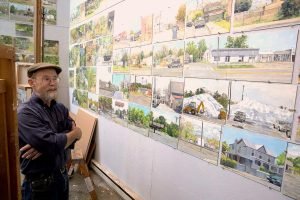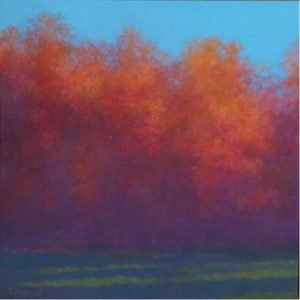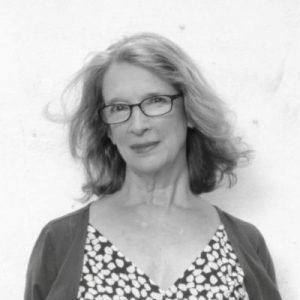
As the 19th century was drawing to a close in America, a young iconic steel magnate by the name of Andrew Carnegie originated an ideal that would ultimately shape the non-profit mission. He suggested to his fellow wealthy benefactors that charitable organizations, which at that time tended to address the most basic human needs, should rather address a greater public good to create “ladders upon which the aspiring can rise”. This ideal was applied to a prioritized support of institutions that fostered education, civility and inspiration, and became the guiding principle that urban center museums were to be built upon.
Some 50 years would pass after Carnegie’s directive to support the aspiring, as the first chartered arts councils did not take form until the late 1940s. It would be a visionary realization that local patrons of the arts of more modest means might create powerful groups to establish their own communities’ forward cultural, civic and economic growth. This was still 20 years ahead of Congress’s 1965 creation of the National Endowment for the Arts.
The Piedmont Council for the Arts, like its many thousand sister agencies across the nation, was formed under the common principles of arts councils everywhere. While each council and commission devised their own individualized language for their mission statements, the basic underlying objectives were mutually agreed upon—to recognize, nurture and promote the arts and artistic achievement; to facilitate grant funding for artists, arts institutions, and community groups; to offer classes and information to strengthen the entrepreneurial skills of artists and arts organizations; to encourage initiatives that foster economic and civic development through the arts; to conduct research that documents the impact of the arts; and to educate and inspire the public about the role of the arts and local culture.

The PCA has followed those directives for the 28 years since it was founded. Through times of economic cutbacks and times of flourish, it has maintained its Rising Stars program celebrating the emerging talent within our city and county high schools, it has offered access to professional development opportunities, it has initiated countless projects in partnership with other cultural institutions, provided artists with 501c3 status opportunities for receiving grant funding for their projects—Repository of Missing Places: Richard Crozier’s Lost and Kept Charlottesville, and Matthew Slaats ‘Play the City” and “Be Cville” projects being the most recent ones, and is just about to come out with the Arts for Economic Prosperity5 economic survey that has taken several years of research to create.
In today’s particularly challenging economic climate, where the arts are seeing funding sources retreat, one of PCA’s primary focuses will be to devise strategies to create earned income opportunities for artists, and situations that allow them to better prosper. We are also looking at how to encourage more active, committed art support in our area, not just by bidding on discounted art auctions at fund raisers, but by understanding the critical importance of art purchasing as a form of real patronage for local artists and galleries. PCA is also dedicated to devising plans with other organizations for promoting our area as an art lover/art patron’s destination. We believe that arts councils still see it as our charge to offer aspirational ladders to artists and our communities at large in every way possible.
An interesting read on the evolution of the non-profit ideal can be found here.

—Deborah McLeod is the new executive director of the Piedmont Council of the Arts and Director of Chroma Gallery in Charlottesville.
Follow us!Share this post with your friends.
